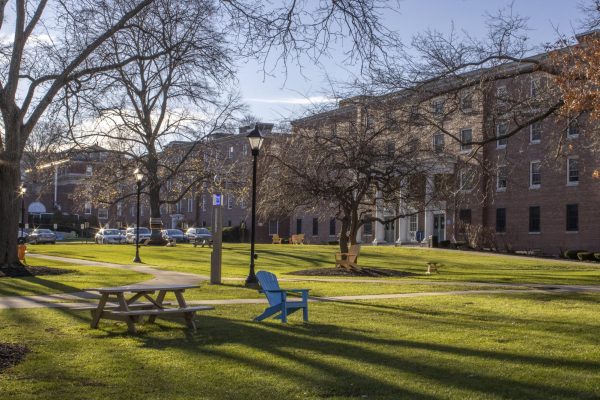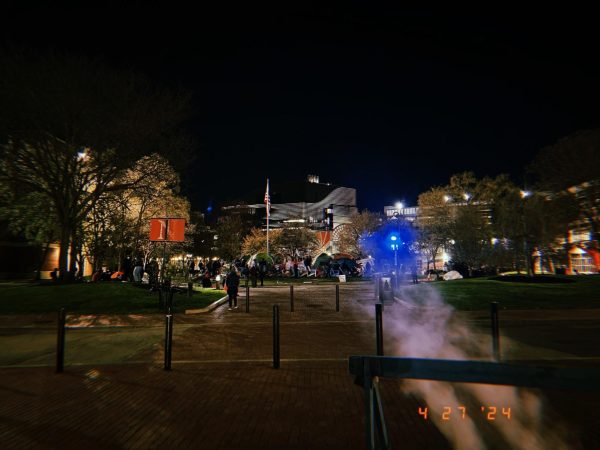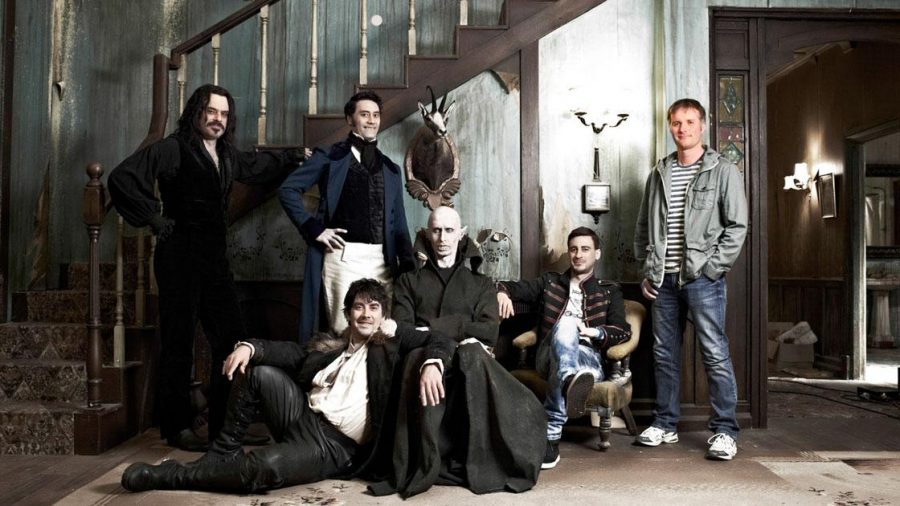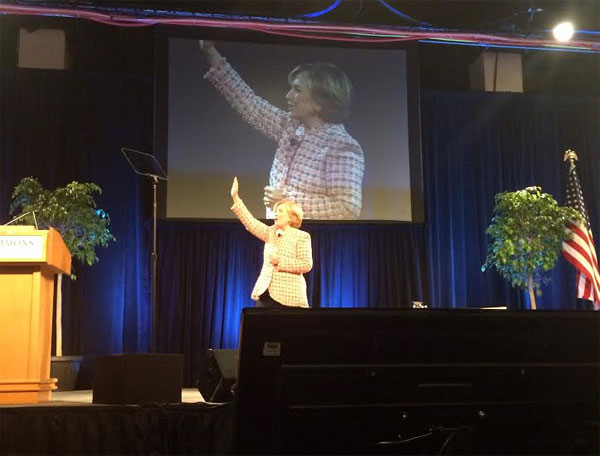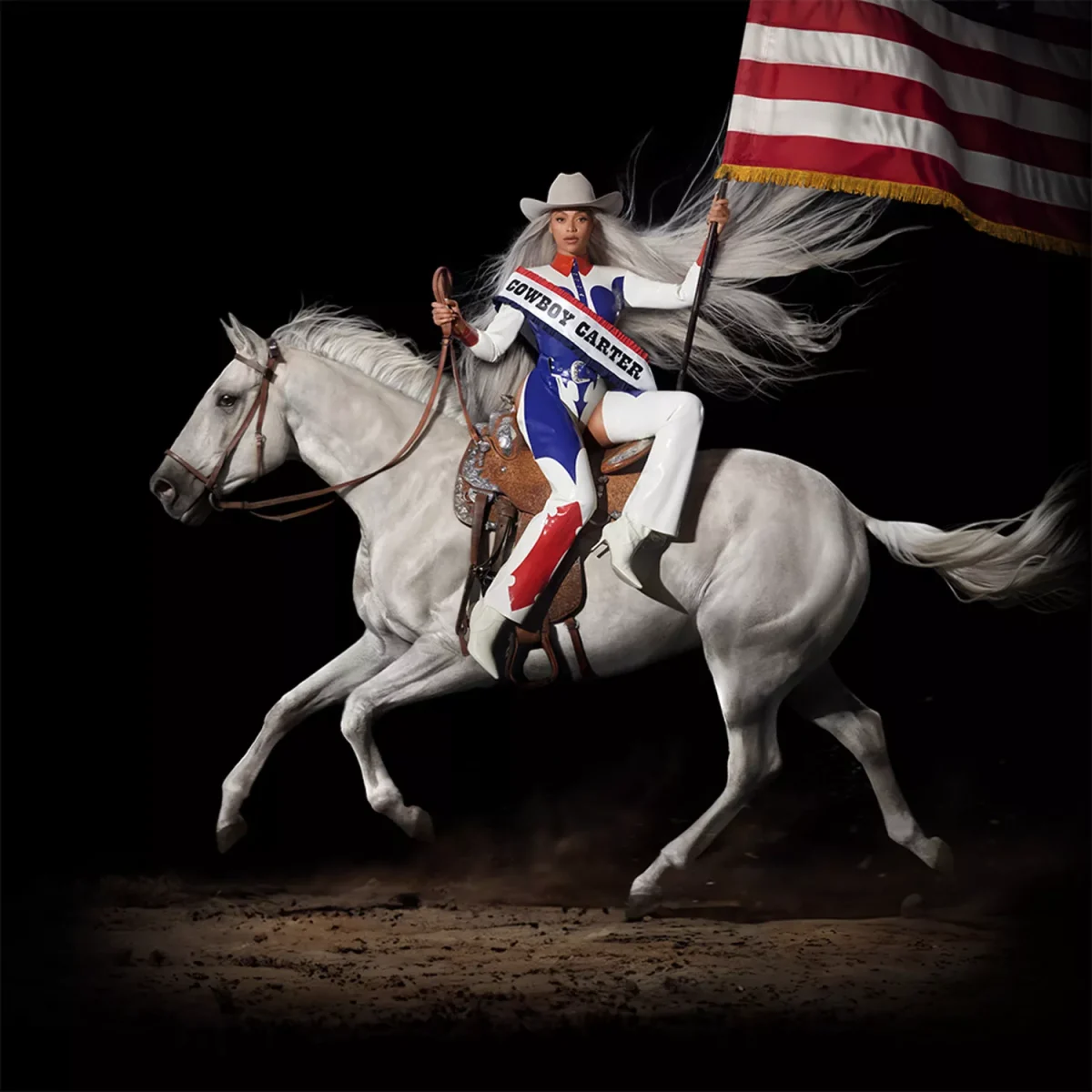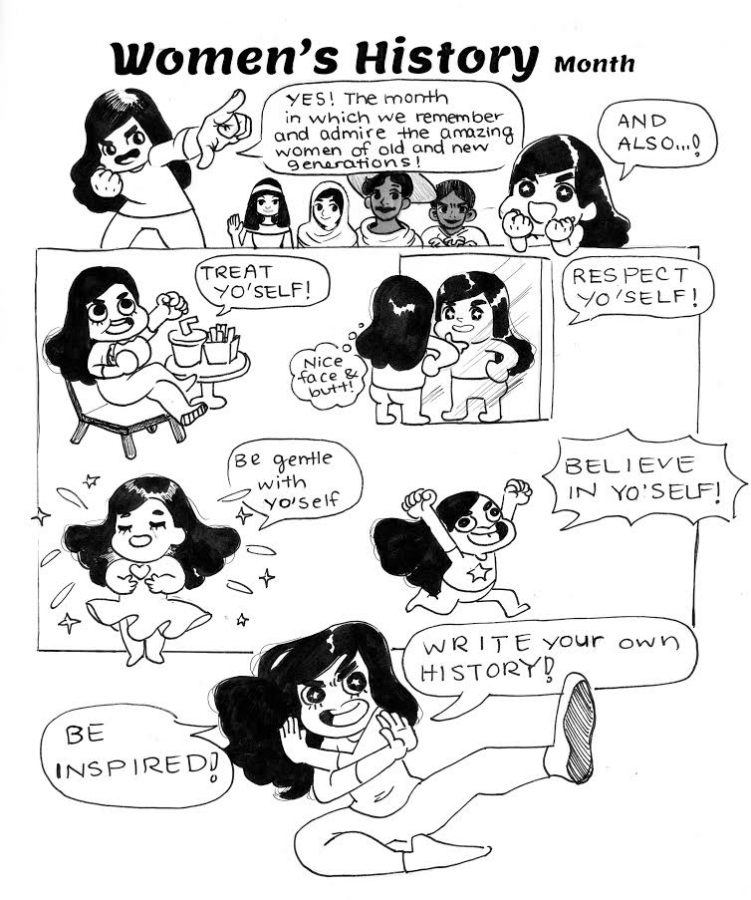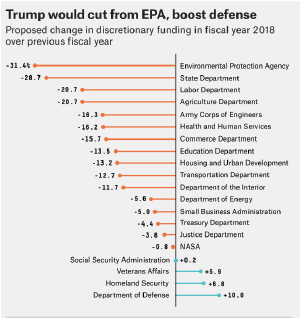By Ellen Garnett
Staff Writer
Professor Weaver received the call at 10:50 p.m. on Wednesday, March 12. Why on earth is someone calling me this late at night? he thought. The area code was not from around here. He picked up the phone. He had won the Kingsley Tufts Poetry Award—and just became $100,000 richer.
English Professor Afaa Michael Weaver received the Kingsley Tufts Poetry Award for his book of verse “The Government of Nature,” which is the second book in a trilogy he is still working on. “The Plum Flower Dance” is the first in the trilogy and Weaver is currently working on “City of Eternal Spring,” the last book in the trilogy. The award is annually given to a mid-career poet, such as the 62-year-old himself.
“It was at the right time, the right place with the right book,” said Weaver.
The Claremont Graduate University in Southern California announced the news about his award that night. The competition’s main judge, Chase Twichell, cited Weaver’s impressive and admirable life story as a published poet.
Weaver is known as a playwright, university professor, Fulbright Scholar in Taiwan, Push Court Prize winner, and May Sarton Award winner. He received a Pew fellowship and Pennsylvania Council of the Arts fellowship. Now, he is also known for winning the Kingsley Tufts Poetry Award, the poetry award with the biggest monetary prize.
However, what distinguishes Weaver is his journey to becoming a published poet.
In 1968, Weaver enrolled in the University of Maryland at the age of 16 and dropped out two years later in 1970. Then he took a job at Bethlehem Steel Company, a factory with 30,000 workers, where his father and a few of his uncles worked as well. He also volunteered for the Army Reserves and was in the Army Security Agency in 1971. In the spring of 1971, he worked at Procter & Gamble Co.
From 1971 to 1975, he worked as a machine attendant, a semi-skilled factory worker who spent time cutting paper for Ivory Soap. Then from 1975 to 1985 he became a warehouse worker, loading trucks, cleaning floors, and working the graveyard shift, which was best for reading and writing poetry. In 1978, Weaver started publishing more consistently and began practicing Tai Chi, which earned him the nickname “flower of the warehouse.”
In 1979, he started his own press publishing company. He worked overtime to pay for the printing costs and started a poetry magazine. He wrote feature stories and op-ed stories for The Baltimore Sun. Finally, Weaver found a publisher for his first book and applied for Brown University in 1984 for the second or third time.
“I remember telling the guys, ‘You know, I applied to Brown University,’ and they laughed so hard. They said, ‘You’re crazy, you aren’t going to Brown University,’” said Weaver. In January 1985, he received the letter from Brown University. He was accepted into and received a full NEA fellowship in poetry. He described that moment as the biggest event in his literary life, even over his most recent poetry award.
“No other American poet has done exactly that,” said Weaver.
He then left the warehouse after spending 15 years there. By the time he arrived at Brown University, he had published a book and had a National Fellowship. He had the same credentials as one of the faculty members in the Creative Writing Department. The only difference was that the staff had an MFA and he did not. He finished his MA degree in 1987.
Weaver has specific advice for aspiring writers who keep receiving the same flack about the practicality of their dreams and about not making any money by being a writer.
“Don’t think so much about the money or making a living at that but rather think about the fact that you’re doing something that is really important to you,” said Weaver. “They can always have a day job, but they should always write. I think that creativity is very important to the younger generation. You guys are going to have to think on your feet because life changes so fast. You enhance creativity when you write, so you’re doing something that’s important to you but you’re nurturing or protecting an aspect of your consciousness. Creativity, the intuitive response, is what the young generation will need.”
Weaver reaffirmed his stance on writers. “I think poets are the central nervous system to the universe.”



